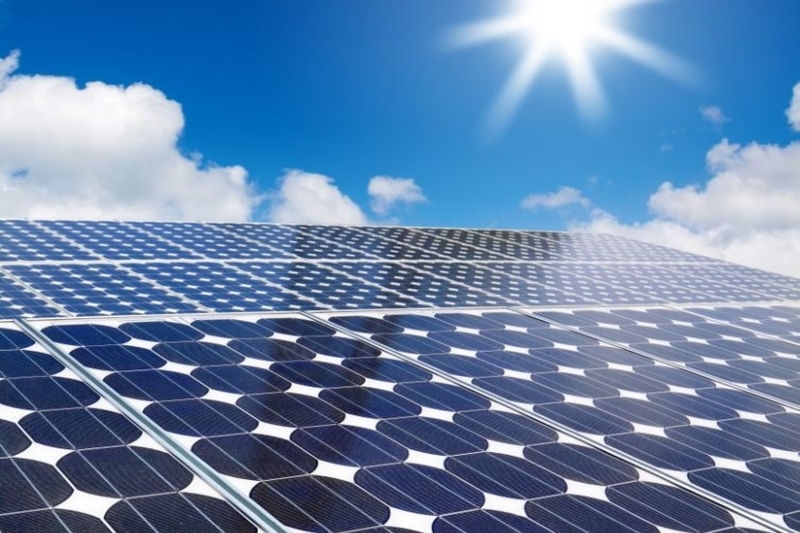
According to a recent report, an integrated telecommunications infrastructure services company that specializes in tower services has deployed a hybrid renewable energy solution with fuel cells to power remote, off-grid sites in Sabah, Malaysia.
Using electrolyzer-based fuel cells with hydrogen storage, solar and lithium batteries, the off-grid solution can generate clean energy to power base transceiver stations (BTS), the company noted.
However, extensive distance and challenging terrains like in Sabah and Sarawak can present considerable challenges, especially in terms of energy supply, according to the firm’s Group Chief Regional Officer.
The organisation Malaysia has partnered a supplier, distributor, installer and consultant in photovoltaic alternatives; it has developed an Absolute Zero Carbon emission system in the deployment.
This system serves as a viable alternative to backup diesel generators currently deployed in sites not connected to the grid.
It was noted that the combination of modular technologies engineered for zero carbon emissions is unique. In addition, the solution deters potential thefts as it is time-consuming to steal, compared to conventional batteries and fuel tanks, and have little to no resell value.
The company, which owns and operates a portfolio of over 10,000 towers across the nation, said the hybrid renewable energy project will be expanded to more of off-grid sites where solar can be readily harnessed.
Being in the equatorial region, Malaysia has high solar penetration. Hence, solar is a naturally feasible source of energy. It can be rapidly deployed even in challenged areas.
Making Sabah an IR 4.0 hub
According to another report, the Malaysian Technology Development Corporation plans to open an Industry 4.0 (I40) hub, or also called Centre for Nine Pillars, in Sabah to spur development of the I4.0 industry in the State.
This will be part of six similar hubs that MTDC aims to set up throughout the country before the end of the year, which once operational will serve as a platform for collaboration between technopreneurs and entrepreneurs to penetrate the markets locally and internationally.
The CEO of MTDC stated that the agency they have also identified members of the Sabah Programmers and ICT Builders Association as their strategic partner in this endeavour.
It was noted that MTDC will collaborate with local agencies for the I4.0 initiatives. The aim is to own an I4.0 hub in Sabah. MTDC is working to work with companies in Sabah to explore more opportunities in the 4.0 industry, the CEO noted at the Road2Growth event.
The two-day event was mainly attended by university students, researchers and entrepreneurs who are interested to know about MTDC’s funding, incubator facilities, business accelerator and training programmes conducted by the prime capacity building entity for technopreneurs and technology commercialisation.
This annual programme is a platform for entrepreneurs and academia, especially SMEs, who are seeking funding for commercialisation of indigenous technology and innovation and MTDC’s supporting partners and also student volunteers from Universiti Malaysia Sabah (UMS).
Mini technology transfer and commercialisation workshop, mini business accelerator workshop, technology-based product pitching and an I4.0 workshop were conducted at this year’s event.
An accelerator programme has been developed as well, conducted in conjunction with the MTDC Road2Growth 2019 programme. The aim is to identify innovations and projects that are ready for commercialisation from the local institutes for higher learning and SMEs.
The programme consists of a one-day workshop on the business model canvas and pitching technique, and a half-day pitching competition on the following day.
With the advent of I4.0 penetrating Malaysia, MTDC sees a need to equip its entrepreneurs with the knowledge and information to stay relevant in the market. The mini I4.0 workshop is designed to provide insights on the I4.0 and its nine pillars.
















